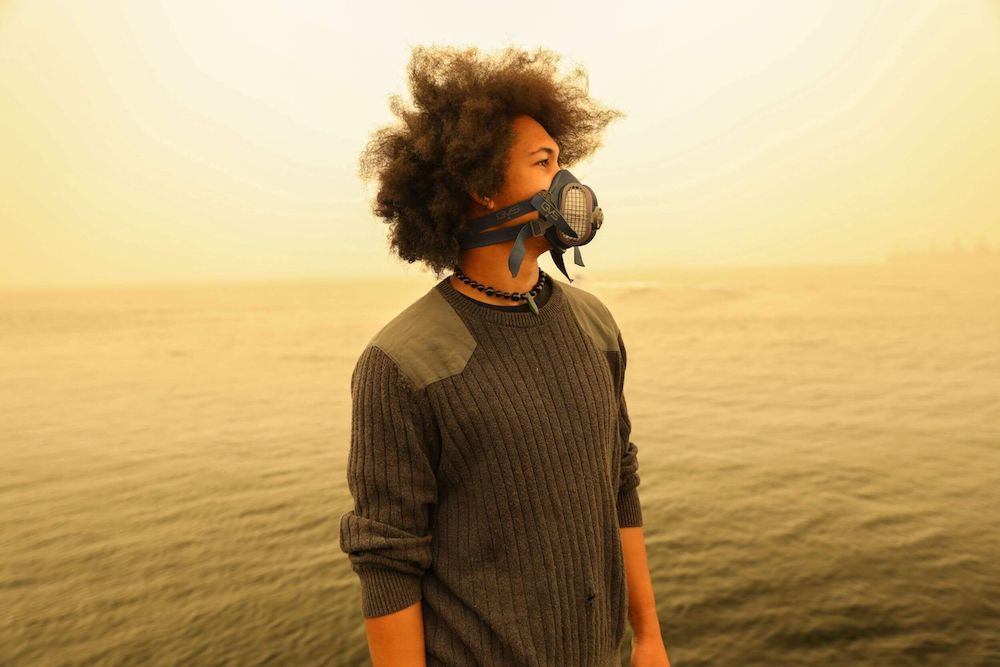Cascadia Was Poised to Lead on Climate. Can It Still?
BC, Washington and Oregon all aimed to slash emissions. After epic battles, they failed. First in a series on creating a zero-carbon bioregion.

With dozens of people killed by wildfires in the western U.S., millions of acres scorched and choking smoke spreading far into British Columbia, Washington Gov. Jay Inslee lit up the news wires in September. “These are not just wildfires,” Inslee asserted at a press conference from Olympia, “these are climate fires.”
Two days later on George Stephanopoulos’ Sunday-morning ABC News talk show, the recent presidential candidate recounted a poignant visit to a town nearly wiped out by the fires. “The only moisture in Eastern Washington was the tears of people who have lost their homes,” said Inslee. “And now we have a blowtorch over our states in the West, which is climate change.”
Just days after his return to the national stage, however, the question in a Seattle courtroom was whether the state he’d run since 2013 should be sanctioned for helping to fuel and light that torch. On Thursday, Sept. 17, an attorney representing Inslee and the entire apparatus of Washington state government stood to tell three masked judges behind a plexiglass shield that courts could not hold the state legally responsible for its part in the climate crisis: The part where it expanded highways. The part where it licensed power plants and factories to emit many tons of greenhouse gases. Where it set building standards that would keep residents’ stoves and furnaces and water heaters polluting the atmosphere for decades to come.